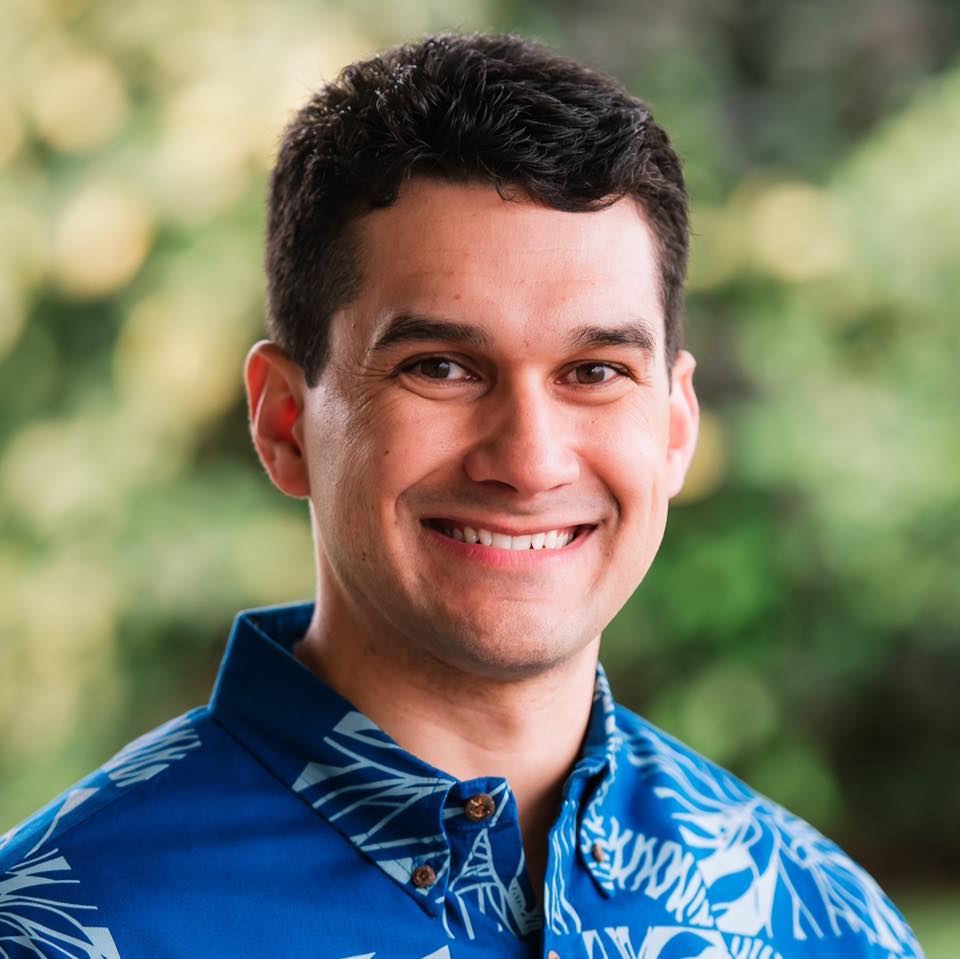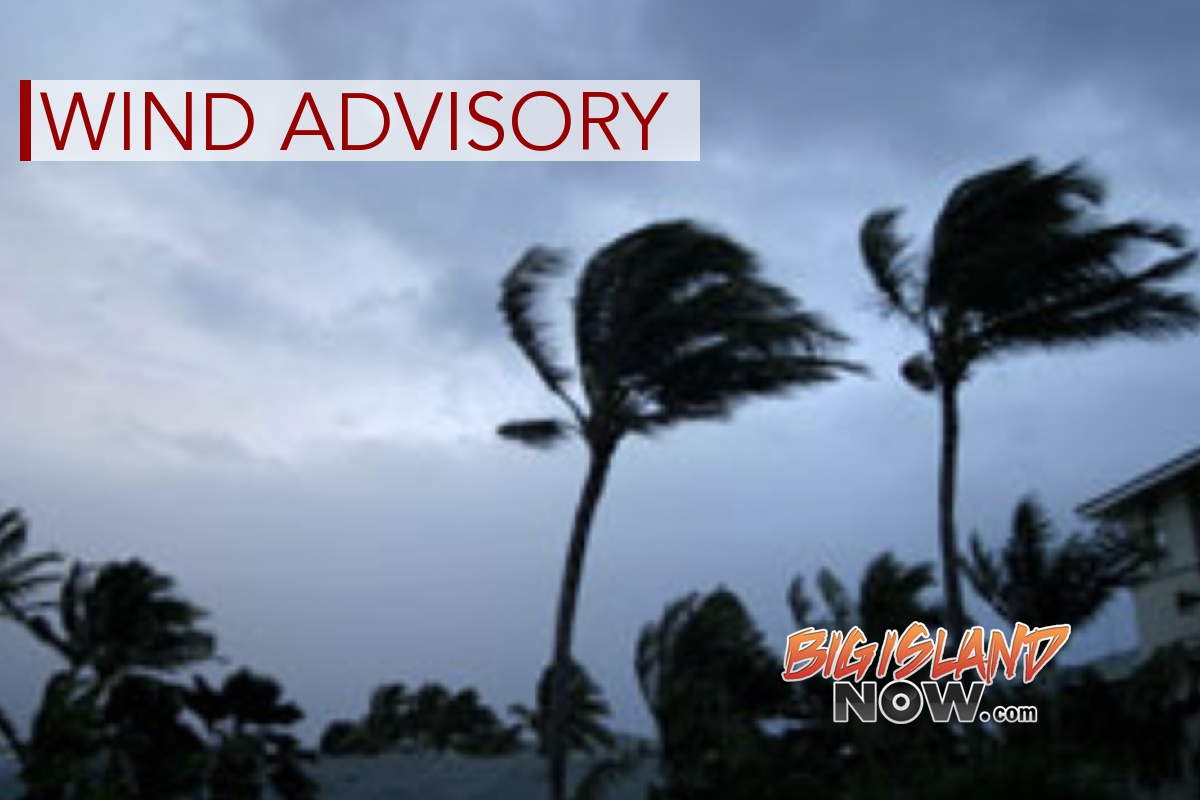Big Island Prosecutor Bracing for Fallout from High Court Decision That Freed Charged Killer
A day after the Hawai’i Supreme Court ruled prosecutors went against a grand jury ruling and unlawfully charge an O’ahu man with murder, Hawai‘i County Prosecuting Attorney Kelden Waltjen said he already is bracing for the fallout that could put serious offenders back on the street.
“I’m very disappointed in the court’s decision,” Waltjen told Big Island Now on Friday. “There are so many obstacles to criminal investigation and prosecution already in place. It’s just very frustrating to see that because the release of a serious offender puts members of the community in danger.”
The Hawai‘i Supreme Court’s ruling stems from a 2019 case in Honolulu. The 3-2 ruling in favor of the defendant said the state unlawfully charged Richard Obrero, now 53, with second-degree murder because it did not secure the charges through grand jury proceedings, but rather through a district court judge via a method called criminal charging.
Obrero remained free after posting bail in 2019, Yahoo.com reported, and Thursday’s ruling put a halt on his prosecution. According to Hawai‘i law, second degree murder can be sentenced to life imprisonment with the possibility of parole.
The killing that put this legal dispute in motion occurred in November 2019.
Back then, Obrero, 50 at the time, shot and killed 16-year-old Starsky Willy during a confrontation outside of Obrero’s home. Obrero maintained that he shot the boy in self-defense after Willy and other youths broke into his Kalihi, O‘ahu house and assailed him with BB or airsoft gun fire. Some neighbors, according to multiple news outlets, disputed the shooter’s version of events that night. Days later, the State charged Obrero with murder in the second degree as well as five other felonies.
But how the state eventually went about securing the charges against Obrero is what the Hawai‘i Supreme Court took issue with in its decision on Thursday.
The ruling explained that the state unlawfully secured the charges against him by seeking them from a lower district court after a grand jury had already decided that there wasn’t enough evidence to warrant charges.
O‘ahu prosecutors, after they were rejected by a grand jury, charged Obrero by way of criminal complaint and got a judge to sustain the murder charge.
The Supreme Court rejected that process and said all serious felonies must be indicted by a grand jury, as Hawai‘i Statute clearly states.
“The grand jury returned a no bill,” Hawai‘i Supreme Court Justice Todd W. Eddins explained in the majority opinion, as reported by the watchdog legal website, lawandcrime.com. “It did not think there was probable cause to believe Obrero committed any of the charged crimes. And it voted against allowing the State to subject Obrero to the indignity, expense, and stigma of a criminal prosecution.”
The case – as nearly all Supreme Court cases are – revolved over how to interpret statute language.
The high court said Hawai‘i’s statue HRS § 801-1 explains that serious felony charges like murder have to be sought through a grand jury.
“The plain language of HRS § 801-1 leaves little room for confusion or doubt about what the State must do if it wants to subject Obrero to trial and sentencing: the statute says that if the State wants to subject a criminal defendant to trial and sentencing for alleged offenses other than contempt or those in the jurisdiction of the district court, it must have an indictment or information,” the ruling reads.
Grand juries are closed door proceedings where a group of citizens are empowered by the law to conduct legal proceedings, investigate potential criminal conduct, and determine whether criminal charges should be brought. In short, a group of peers decide whether enough evidence is there to charge a defendant.
And under Hawai‘i law, a person must be charged by way of grand jury indictment for certain felonies – including all forms of murder. Lesser crimes, including some low-tier felonies, can be charged in a criminal information process through district court judges. Criminal information process are when investigators present their documented reports and evidence to a judge who signs off on the charges.
The Hawai‘i statute itself states: “No person shall be subject to be tried and sentenced to be punished in any court, for an alleged offense, unless upon indictment or information, except for offenses within the jurisdiction of a district court or in summary proceedings for contempt.”
That means, the court pointed out, Obrero’s charges should have come from a grand jury, which they didn’t.
Several prosecutors voiced their concern with the court’s ruling, including Waltjen, who said his office was in contact with local and state lawmakers to see what can be done to address the fallout that is sure to come from the ruling.
That fallout includes defense attorneys filing for dismissals for defendants who were charged for Class A and some B felonies by way of criminal complaints. Those oral and written appeals are already starting to happen.
“This issue is a lot more than an individual case,” Waltjen said.
Especially bothersome about the decision, Hawaii’s prosecutor added, is that revolves around a technicality. While the statue spells out that serious Class A felonies must come via grand jury indictment, state voters in 1982 ratified a constitutional amendment that gave prosecutors authority to initiate criminal charges via information and criminal complaints. The problem was, the Hawai‘i Legislature never amended the state statutes. So while the law was actually changed via voter approval, the written law never reflected that alteration. The Supreme Court’s own rules, however, even adopted that amendment.
“Honestly, I think it was just legislative oversight,” Waltjen said.
Now, the prosecutor is working to ensure serious offenders aren’t set free in droves, he said. He said he’s working with local law enforcement to ensure communities are protected and talking to lawmakers and the governor to help fix the the loophole. That could entail calling a special Legislative Session to update the statute, if lawmakers want to go that route.
On Hawai‘i Island, grand juries are convened three times a month, twice in Hilo and once in Kona. If the solution to this problem is to convene more grand juries, the Judiciary will have to pay grand jury members more money because their duties would increase. As it stands now, jury members sign up for yearlong duties where they meet once a month. They are paid for their time.
Obrero’s attorney, on the other hand, said his client was thrilled with the ruling.
“He’s very relieved,” Thomas Otake said, according to lawandcrime.com. “Everyone, including the Obreros, wished this whole incident didn’t happen and could have been avoided. As tragic as it was, it was the result of him defending his home.”
With hundreds of defendants charged by complaint, some prosecutors believe many class A and B felony cases will have to taken back to grand juries, causing chaos in the court system.
“To be clear, blame for any temporary chaos this ruling creates … should be placed on the prosecutors for getting it wrong,” Otake added, according to lawandcrime.com. “Not on the Supreme Court for now getting it right.”
Editor’s Note: This story was updated with additional information.















